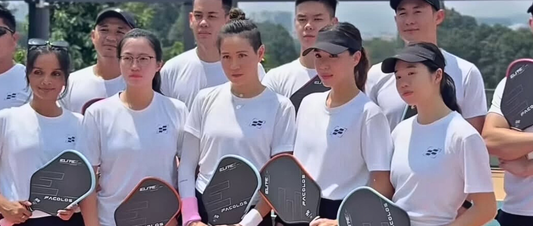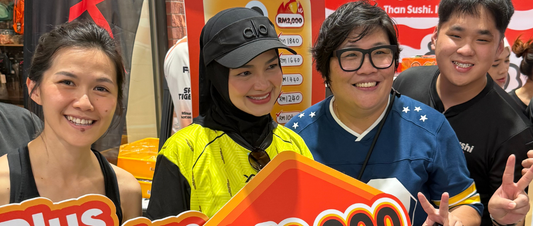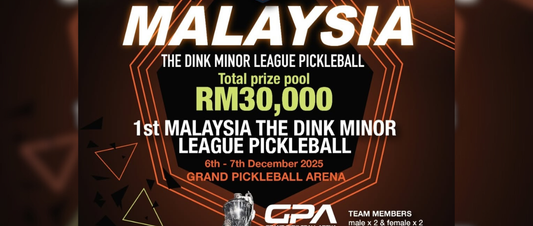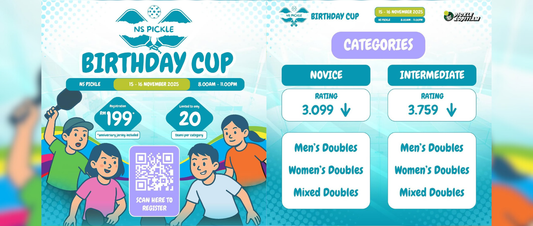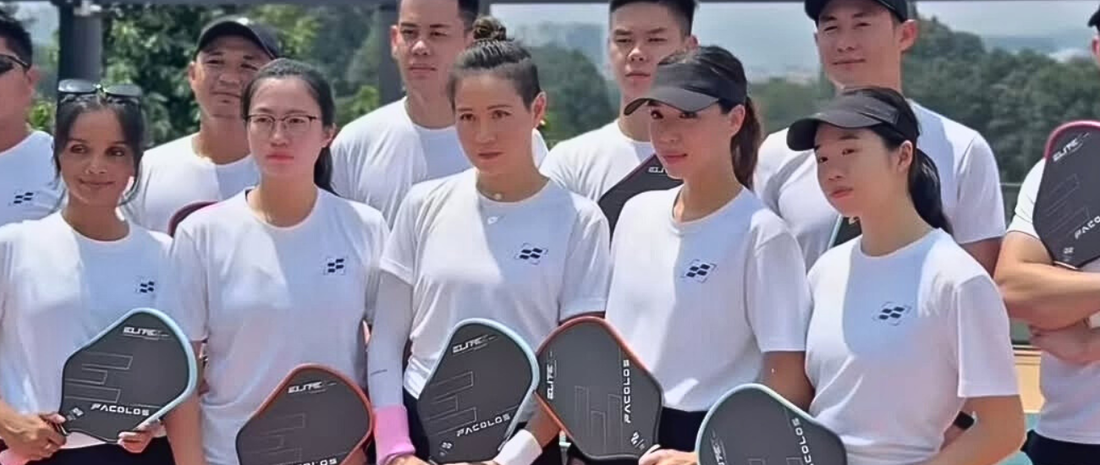
The Rise of Women in Pickleball: Owning the Court, Changing the Game
Andrew LeeIn the world of pickleball, women aren’t just showing up, they're changing the narrative.
Across Southeast Asia, more women are picking up paddles, competing, and leading initiatives that are redefining what it means to play, coach, and inspire.

More Than a Sport, It’s a Movement
Pickleball’s accessibility has made it a gateway sport for women of all ages. Unlike more traditional racquet sports that require steep learning curves, pickleball offers instant gratification in quick rallies, low barriers, and community-first culture.
But beyond recreation, there’s something deeper happening. Female players are forming networks, leading clubs, and driving social change. They’re turning community sport into a platform for empowerment.
Representation on and off the Court
The visibility of women in pickleball is climbing, not only as athletes but as decision-makers. Coaches, organisers, and ambassadors are creating inclusive spaces that welcome newcomers and prioritise female participation.
Women-led academies are introducing programs tailored to female players, focusing on technique, injury prevention, and confidence. They’re not just coaching skills, they're cultivating leadership.
Strength and Strategy
There’s a unique energy to how women play pickleball. It’s fast, calculated, and often deeply strategic. Many seasoned players bring precision and patience to the court proof that power isn’t just physical. It’s mental.
From weekend warriors to national competitors, female athletes are proving that performance doesn’t rely on brute strength. It’s about adaptability, timing, and presence qualities that have long defined elite-level play.
Empowerment Through Connection
Pickleball has become a safe space for women to connect, share experiences, and uplift one another. Post-match conversations often go beyond points and paddles they touch on resilience, balance, and breaking personal limits.
These micro-communities matter. They’re reshaping how women view competition not as rivalry, but as growth.
And as more women dominate tournament leaderboards, host clinics, and represent their countries, the message is clear: the future of pickleball is inclusive, and it’s female-led.
The Ripple Effect
Representation inspires participation. The visibility of confident, skilled women on court sparks interest in the next generation. Schools, universities, and community clubs are starting to see pickleball as a viable pathway for young girls, one that combines sport, health, and empowerment.
This isn’t just a phase. It’s a foundation for long-term change.
This article is an excerpt from our interview with Toi Sieu Ee.
Watch the full interview here.





